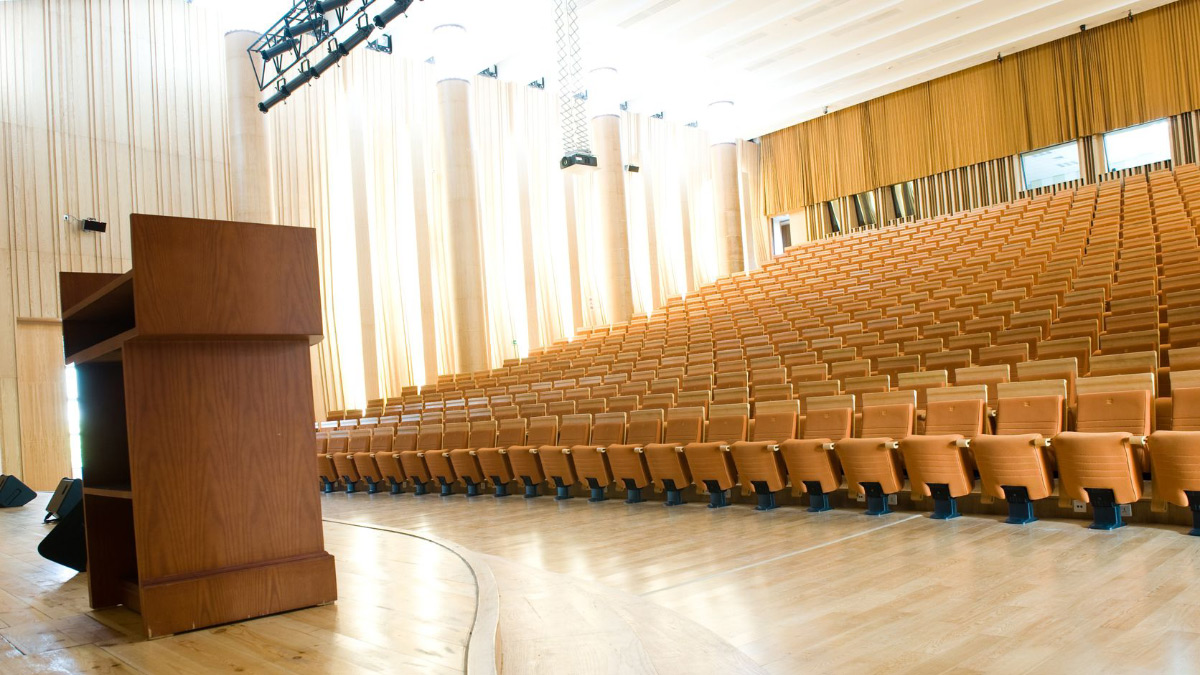At the invitation of Matt Denhart, president of the Coolidge Foundation, I spent an extraordinary day recently speaking to students participating in a Coolidge high school and middle school (!) debate tournament in Raleigh, North Carolina. I watched some students evaluate whether the benefits of attending college exceed the costs. It was a marvelous learning experience for the participants, and led to a civil but spirited discussion of one of the issues of our day. Bob Luddy, the founder of CaptiveAire Systems, a manufacturer of kitchen ventilation systems, largely financed the event, and his North Carolina efforts led me to think that maybe two extremely wealthy entrepreneurs, George Soros and Charles Koch, could fund a large number of debates involving prominent public intellectuals at the national level, both to encourage collegiate debate but, far more importantly, to introduce more diversity of ideas and civility into discussion of those ideas on campuses. Both gentlemen have shown an interest in open discussion of the issues. The Charles Koch Foundation sponsors educational programs at many universities, and the Soros Open Society Foundations likewise promotes debates (this author himself participated in a debate once in Mr. Soros’ New York apartment).
Suppose Soros and Koch each contributed $50 million to fund a new Collegiate Debate Initiative for three years. The Debate Initiative’s board might consist of two members selected by George Soros, two by Charles Koch, and a chair and perhaps others selected by those four, preferably well regarded national figures not extremely partisan or ideological. The initiative would give $100,000 to $150,000 each year to to fund a series of debates on about 200 campuses (probably about two each semester) on issues of the day. Should the U.S. drop out of the Paris climate change accord? Should we raise tariffs on Chinese goods? Should we liberalize immigration to the U.S.? Should we have “free” college? Should we have a balanced budget amendment to the U.S. Constitution? Should we ban gasoline-powered automobiles in 10 years? For each debate, a liberal/progressive/socialist speaker would be invited, along with a conservative/libertarian one. For example, Jordan Peterson or Charles Murray might debate Paul Krugman or Thomas Piketty.
These debates would achieve multiple objectives. First, they would provide much needed intellectual diversity on many campuses where most faculty have similar (typically progressive left) perspectives. Second, they would demonstrate the utility of civility and orderly discussion in assessing issues of the day. Third, on many campuses, they would expose students and faculty to first-rate minds that normally would not be seen. Fourth, the value of debate as a learning tool might become greater appreciated as they become more common on campuses. Fifth, debates help demonstrate the importance of freedom of expression and the First Amendment in both learning and in strengthening representative democracy.
In addition to the campus-wide debates featuring prominent public intellectuals, some funds could be used to fund student debate efforts. Perhaps a debating league could be created between schools, where teams of debaters could compete against other teams debating a variety of issues. Ultimately, the Koch-Soros initiative could fund national debate tournaments. Collegiate debating already exists, of course, but this might expand it and make it part of more student lives.
I would envision the initiative encompassing perhaps the largest 50 schools in the U.S. by enrollment, perhaps the 50 most prominent schools as determined by reputation and perhaps another 100 schools selected randomly from a list of all accredited institutions with at least 1,000 students. One problem probably arising relates to attempts on some campuses to prohibit public campus presentations on the grounds that outsiders ( in this case Koch-Soros Initiative people) organized them. There are different ways to overcome this: use off-campus facilities (as the Intercollegiate Studies Institute did in dealing with Gonzaga University), bribe the schools with nice sized “rental” payments, etc. Perhaps the colleges could be allowed to choose between alternative debate topics. Perhaps local campus individuals could be involved in introducing speakers or moderating the debates. Audiences could be polled before and after the debates to ascertain their positions on the debate question, and evaluate who “won” the debate. If successful, hopefully, the debates could be put on a permanent, possibly even endowed basis involving financial support from a broader base of contributors.













